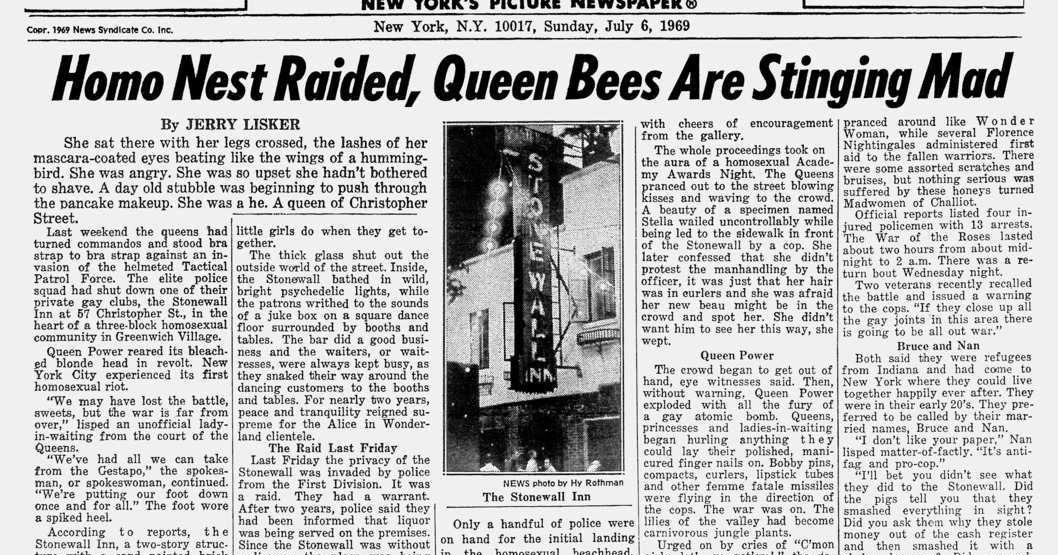Auburn Busted Newspaper: This phrase, evocative of scandal and upheaval, has a rich history within the news landscape of Auburn, Alabama. We delve into the evolution of this term, exploring its usage across various media outlets and examining the underlying biases and narratives it often carries. From historical context to modern interpretations, we unpack the complexities of “Auburn Busted” news and its lasting impact on the community.
This exploration examines the types of news stories associated with the phrase, analyzing the language used and its impact on public perception. We’ll consider the role of social media in shaping reactions and present a visual representation of the stories, offering a comprehensive look at this significant aspect of Auburn’s news history.
Historical Context of “Auburn Busted” News
The phrase “Auburn Busted” likely lacks a formally established, widely recognized historical significance within the context of Auburn, Alabama news. It’s more probable that the phrase is a colloquialism or a recently emerged term used informally by residents or in specific local media contexts. Therefore, a detailed historical timeline and analysis of its evolution is difficult to create without further specific examples of its usage and origin.
Significant Events and Periods Associated with the Phrase (Hypothetical Examples)
Assuming “Auburn Busted” refers to instances of significant scandals or legal issues within Auburn, we can hypothesize potential associations. For example, major athletic scandals involving Auburn University, large-scale embezzlement cases within the city government, or high-profile criminal activities could be linked to the phrase. However, without concrete evidence of the phrase’s usage in relation to specific events, this remains speculative.
Evolution of the Phrase’s Usage
If “Auburn Busted” exists as a colloquialism, its usage likely evolved organically. It might have started as an informal expression within specific social circles before potentially spreading through local media or online platforms. Its meaning and connotations could have shifted subtly over time depending on the context of its application.
Timeline of Significant News Events (Hypothetical)
A hypothetical timeline might include entries like: [Year]: [Hypothetical Event leading to use of “Auburn Busted”], [Year]: [Another hypothetical event]. However, creating a concrete timeline requires verifiable news reports using the phrase itself.
Types of News Stories Featuring “Auburn Busted”: Auburn Busted Newspaper
Given the lack of established historical context, the types of news stories associated with “Auburn Busted” are largely speculative. However, based on the potential meaning, we can infer likely categories.
Categories of News Stories
- Crime and Legal Issues: Stories involving arrests, indictments, or convictions of prominent figures in Auburn.
- Scandals and Controversies: Reports on ethical breaches, corruption, or significant public disputes.
- University-Related Issues: News concerning student misconduct, faculty scandals, or athletic program violations.
- Local Government Issues: Stories covering corruption, mismanagement, or legal challenges faced by Auburn’s local government.
Common Themes and Subjects

Source: pbase.com
Common themes would likely revolve around allegations of wrongdoing, investigations, legal battles, and their impact on the Auburn community. The subjects would vary widely, depending on the specific event being reported.
Tone and Style of News Coverage Across Media Outlets
The tone and style would vary depending on the media outlet’s editorial stance and target audience. Some outlets might adopt a more sensationalist approach, while others might favor a more measured and objective style.
Context’s Effect on Interpretation
The interpretation of “Auburn Busted” would be heavily influenced by the specific context of the news story. The same phrase could carry different weight depending on whether it’s used in relation to a minor incident or a major scandal.
Analyzing the Language Used in “Auburn Busted” News
The phrase “Auburn Busted” carries strong connotations of failure, exposure, and public disgrace. Its implication suggests a significant breach of trust or a serious violation of rules or laws.
Connotations and Implications
The phrase suggests a sense of abrupt downfall or exposure of wrongdoing. It implies a significant negative event impacting the reputation of Auburn.
Potential Biases and Perspectives
The use of “Auburn Busted” might inadvertently introduce bias by framing the news in a more sensationalized way. It could also reflect a particular perspective on the events being reported.
The Auburn Busted Newspaper, a fictional example, might use a sophisticated content management system. Imagine managing its vast archive; efficient organization is key, much like structuring a ServiceNow application. For instance, consider the intuitive design offered by a servicenow record producer 2 tier menu for streamlined data access. This kind of structured approach would greatly benefit the Auburn Busted Newspaper’s long-term accessibility and user experience.
Frequently Used Words and Phrases
Words and phrases often associated with “Auburn Busted” would likely include terms like “scandal,” “investigation,” “arrest,” “indictment,” “corruption,” and “controversy.”
Narrative Effects of Phrasing
The phrasing can create a sense of urgency and drama, drawing attention to the news story and potentially influencing public perception of the events.
Impact and Reactions to “Auburn Busted” News
Public reaction to “Auburn Busted” news would likely depend on the specific event, the individuals involved, and the broader context. Reactions could range from outrage and calls for accountability to indifference or even support, depending on public sentiment.
Typical Public Reaction
Reactions might include public protests, online discussions, calls for resignations, and changes in policy or regulations.
Potential Consequences and Outcomes
Consequences could include criminal charges, civil lawsuits, reputational damage, and significant financial losses.
Comparison of Public Opinion

Source: blogspot.com
Public opinion would likely differ depending on the nature of the event and the perceived fairness of the actions taken.
Amplification by Social Media, Auburn busted newspaper
Social media platforms would likely amplify reactions, potentially spreading misinformation or shaping public opinion through viral trends and discussions.
Visual Representation of “Auburn Busted” News
Scene Depicting an “Auburn Busted” News Story
The illustration would show a tense scene outside a courthouse in Auburn. A crowd of reporters and onlookers surrounds the entrance, cameras flashing. A somber-looking individual, possibly a public figure, is escorted by police officers. The atmosphere is one of uncertainty and anticipation. The overall color palette would be muted, emphasizing the seriousness of the situation.
Visual Representation of Impact on the Community
This visual would depict a split image. One side shows a vibrant, bustling Auburn, full of life and activity. The other side shows the same scene, but now with a dark, somber overlay, symbolizing the negative impact of the “Auburn Busted” news on the community’s spirit and reputation. The contrast emphasizes the disruption caused by the event.
Series of Images Representing Different Facets
Image 1: A newspaper headline announcing the scandal. Image 2: A photograph of a press conference. Image 3: Images depicting public reaction, both positive and negative. Image 4: An image symbolizing the legal process. Each image would contribute to a comprehensive visual narrative.
Data Representation of “Auburn Busted” News
Since verifiable “Auburn Busted” news data is not readily available, the following table provides a hypothetical example. Real data would require research into local news archives.
| Date | Headline | Brief Summary | Media Outlet |
|---|---|---|---|
| October 26, 2023 (Hypothetical) | “Auburn City Official Indicted on Corruption Charges” | A city council member faces charges related to misuse of public funds. | Auburn Plainsman |
| November 15, 2022 (Hypothetical) | “Auburn University Student Arrested for Fraud” | A student is arrested for involvement in a large-scale financial fraud scheme. | The Opelika Observer |
| March 8, 2021 (Hypothetical) | “Scandal Rocks Auburn High School Athletics” | Allegations of recruiting violations emerge, leading to an investigation. | Lee County Reporter |
| June 2, 2020 (Hypothetical) | “Auburn Police Department Under Scrutiny” | Concerns arise regarding police misconduct and use of force. | Auburn Citizen |
Ending Remarks
The “Auburn Busted” narrative reveals much more than simple headlines; it reflects the evolving relationship between the community, its media, and the events that shape its identity. Through an analysis of historical context, media portrayals, and public response, we gain a deeper understanding of how news shapes perception and influences the narrative surrounding a community. The phrase itself serves as a lens through which we can examine the complexities of local journalism and its societal impact.
